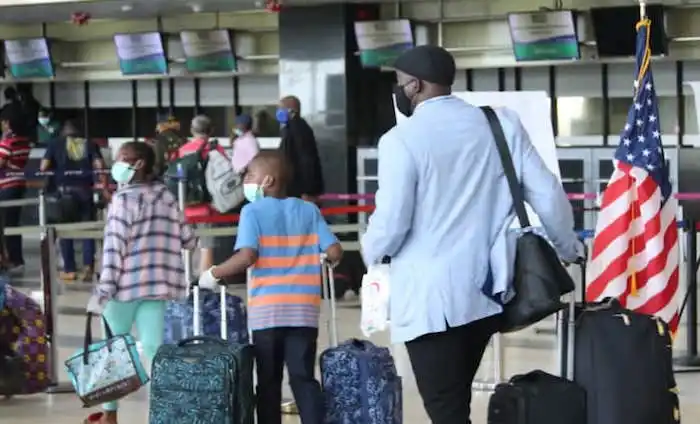 The Federation of African Journalists (FAJ) is collaborating with the International Labour Organisation’s Foreign, Commonwealth and Development Office (FCDO) and others to train media professionals on labour migration.
The Federation of African Journalists (FAJ) is collaborating with the International Labour Organisation’s Foreign, Commonwealth and Development Office (FCDO) and others to train media professionals on labour migration.
Tagged, ‘Communicating Labour Migration and Mobility: Capacity Building for Media Professionals in Africa’ billed for Kigali, Rwanda from 15 to 17 January 2025, aims to equip media practitioners with the thematic and technical knowledge, skills and ethical understanding necessary to navigate the intricate landscape of labour migration and mobility communication.
According to a policy statement issued by FAJ, the workshop is expected to build on a capacity-building initiative that took place in Dakar, Senegal, from 5 to 7 August 2024, which led to the formation of the Africa Labour Migration Journalists Network (ALMJN).
It stated that the key objective of the training is to enhance the thematic and technical knowledge, skills and understanding of media and communication professionals working in Africa to produce balanced, rights-based and gender-sensitive reports on labour migration.
The specific objectives of the training are to equip media professionals with an in-depth understanding of the complexities and challenges of labour migration, including the legal frameworks, labour rights and humanitarian aspects, to enable them to provide insightful, sensitive, gender-transformative and balanced coverage.
It is also expected that the capacity-building workshop will encourage media professionals to prioritise reporting labour migration issues, with a focus on the first-hand experiences and conditions of migrant workers, returnees and refugees, to raise awareness and advocate for necessary actions and essential changes.
After exposure to the intricacies of labour migration, media practitioners can serve as advocates for labour migration issues, promoting positive policies and practices at the local, regional and international levels, including through cross-border collaborations.
They will also emerge as an advocate for responsible and ethical reporting on labour migration issues while adhering to media ethics and standards to ensure that stories are conveyed accurately, professionally and without bias.
The capacity-building workshop is expected to introduce media personnel to tools such as the ILO toolkit on reporting forced labour and fair recruitment and other complementary tools and other resources necessary to communicate effectively and responsibly on labour migration.
With migrant workers constituting nearly five per cent of the global labour force, labour migration is an integral part of today’s globalised world.
Indeed, the International Labour Organisation (ILO) estimates out of the 272 million international migrants worldwide, 169 million are international migrant workers, of which 41.5 per cent are women.






